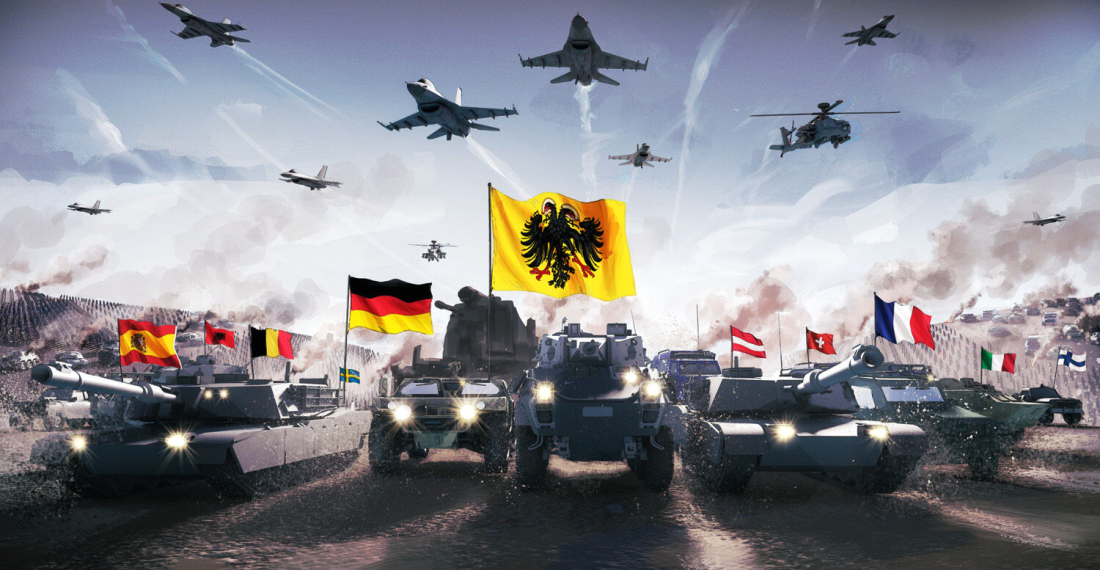European Union countries have finalised a plan for a €150 billion loan programme to help rearm in the face of Russia and worries over US reliability, diplomats said on Monday. The SAFE borrowing scheme backed by the EU's central budget was proposed by Brussels in March as the bloc rushes to boost its defences following disengagement from European security by the United States. The finalisation comes as the EU and the UK agree a new defence partnership as part of a post-Brexit "reset" at a London summit.
Member states haggled over what the money could be spent on and how countries outside the EU could access the funds for weeks before agreeing on a final text. In the end, the agreement stuck to the original proposal allowing 35 percent of the value of the weapons to come from manufacturers beyond the bloc and Ukraine.
The UK would still need to strike a separate deal with the EU if it wants to open the new scheme to the British defence industry fully. The EU text still needs to be formally signed off by the bloc and approval should come when Europe ministers meet in Brussels on 27 May.
The borrowing programme is part of a package of measures including loosening budget rules that Brussels says could unlock 800 billion euros of defence spending.






